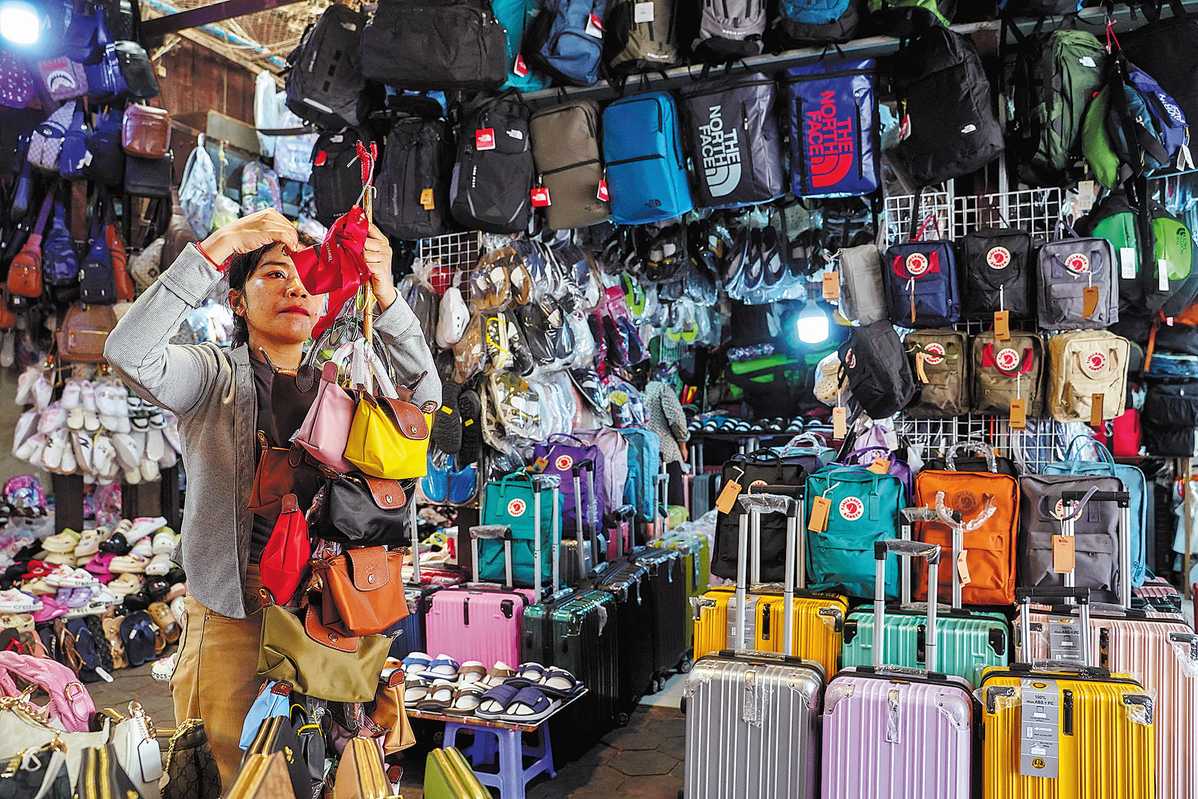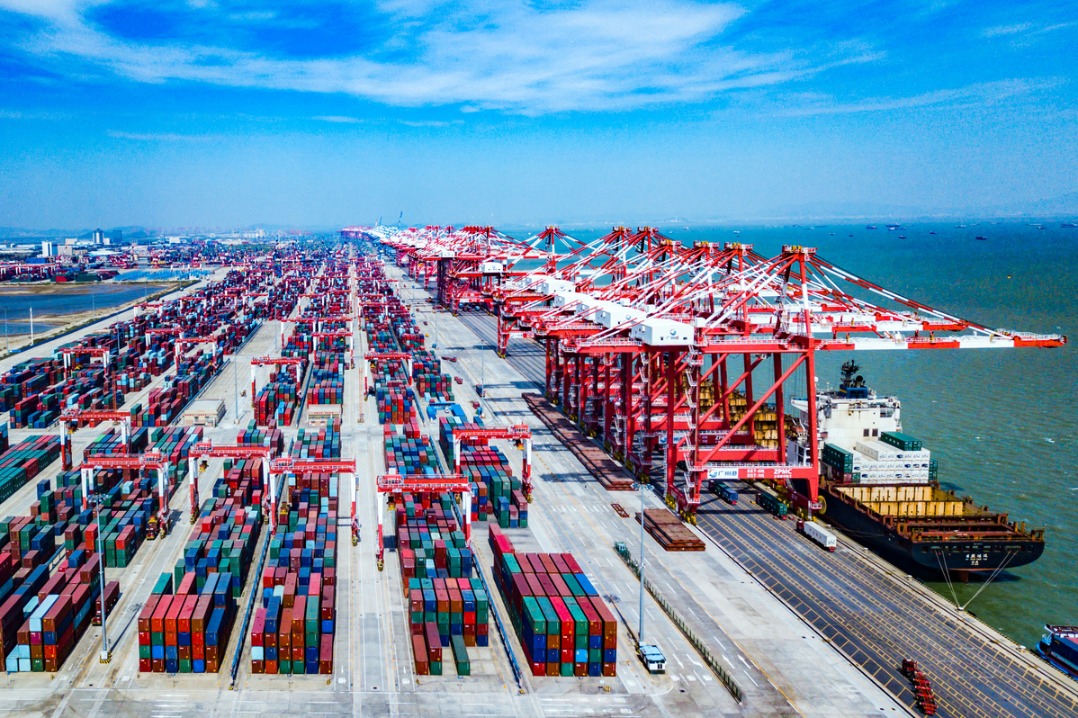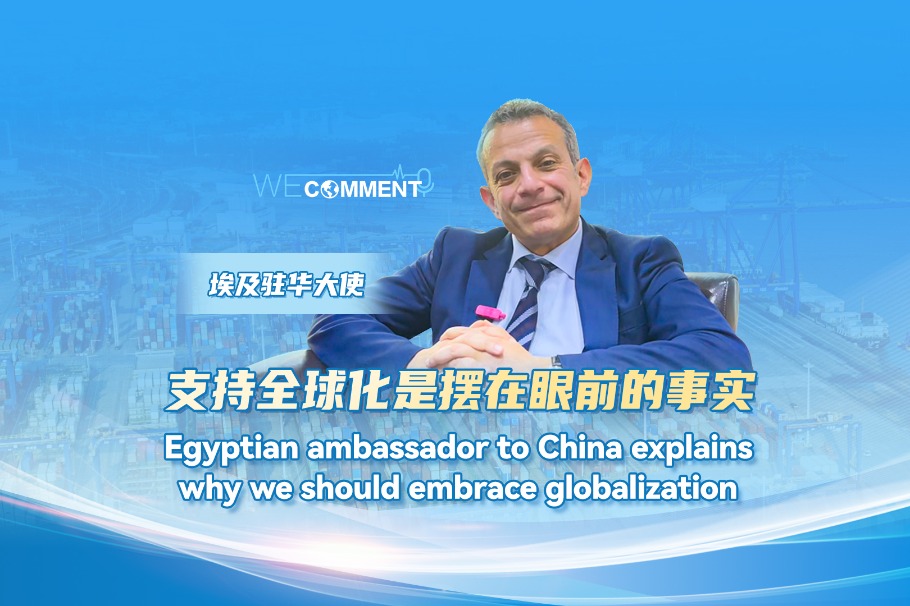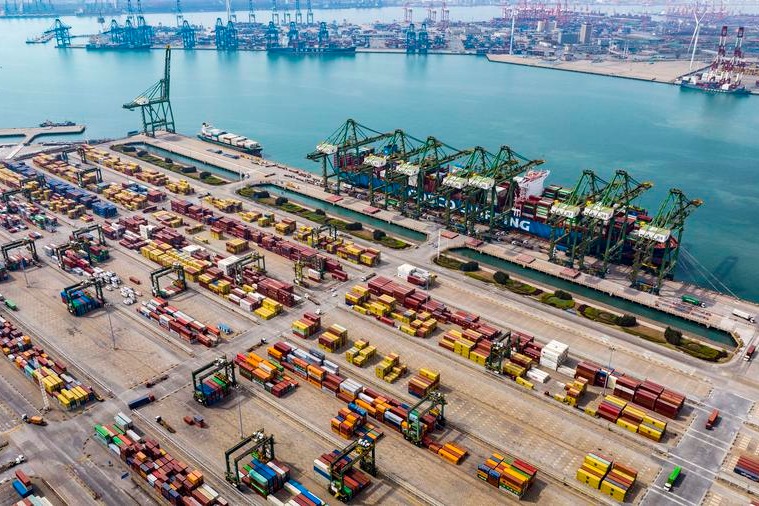US tariffs shake up ASEAN
Region's role in global supply chains in jeopardy


Editor's note: In this weekly feature China Daily gives voice to Asia and its people. The stories presented come mainly from the Asia News Network (ANN), of which China Daily is among its 20 leading titles.
Southeast Asian nations have been among the hardest hit by the latest US tariff rout across the globe, which has dealt a heavy blow to the region's export-reliant economies, and potentially jeopardizes their growing role in the supply chains of some of the world's most recognizable brands.
This will in all likelihood translate to higher prices for consumers in the US and beyond.
Washington on April 2 said it will slap levies of 46 percent on Vietnamese exports. Thailand will be hit by 36 percent duties and Indonesia 32 percent, as part of what the White House terms "reciprocal" tariffs that it says were determined by a calculation of levies and non-tariff barriers imposed on US exports.
Vietnam produces about half of sporting giant Nike's shoes, hosts an Intel chip assembly plant, and is a major hub for the production of Apple Watches and AirPods. Major apparel retailers Abercrombie & Fitch and Lululemon rely heavily on both Vietnam and Cambodia for their production. Also, carmaker Tesla signed a $5 billion deal in 2022 to source nickel from Indonesia for its electric vehicle production.
The region's smaller economies were far from spared, with Cambodia at the receiving end of the highest reciprocal levy of all ASEAN countries at 49 percent, Laos at 48 percent, and Myanmar at 44 percent.
























